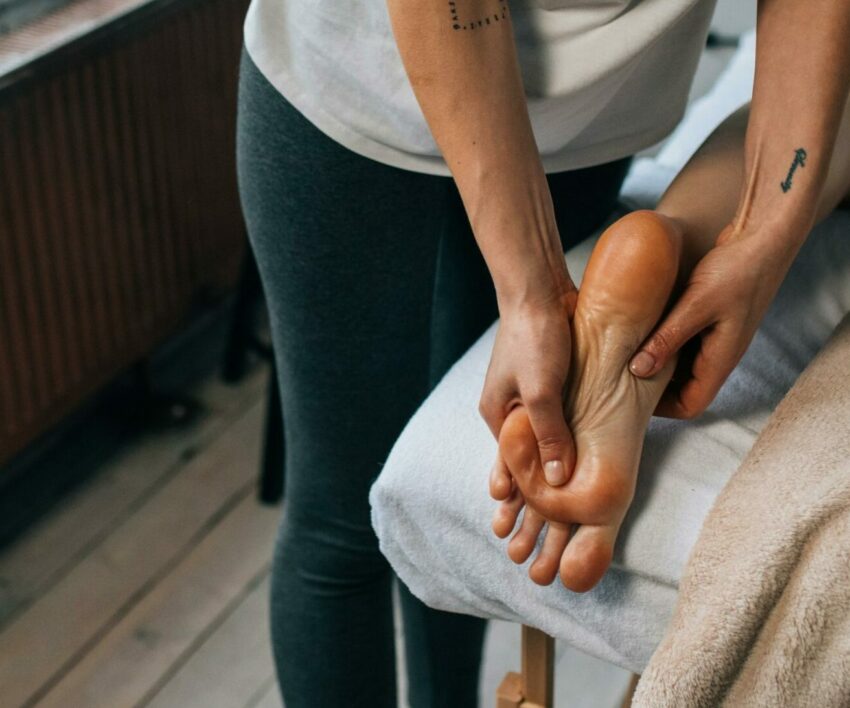
Whether you’re seeking relief from puffiness, a jumpstart to your immune system, or just some deep relaxation, lymphatic drainage could be the hidden gem in your wellness routine. Here’s why this simple treatment could be a game-changer for your health.
The Cleveland Clinic explains that a lymphatic drainage massage is a gentle treatment used to relieve inflammation caused by lymphedema, a common side effect of various health conditions and cancer treatments. It is said to involve moving lymph from tissues to lymph nodes, easing swelling. “Facial lymphatic drainage may increase blood circulation and reduce puffiness in your face, giving your skin a glowing boost.”
The above clinic further mentions that lymph drainage involves healthcare providers using light pressure and massage techniques to prepare and clear the lymphatic system, stimulating lymph node-hosting areas like armpits, neck, and groin, and releasing excess lymph fluid.
According to the SMRT Pain Relief Centre, lymphatic drainage massage is beneficial for various reasons, including recent surgeries, injuries, and lingering illnesses. Inflammation is normal after surgery but too much can hinder recovery and rehabilitation, stets the mentioned source, therefore combining lymphatic drainage massage with scar tissue release is said to be the most effective treatment.
“Lymphatic drainage massage can help reduce the inflammation and speed up recovery time. Plus, massage aids in full recovery. Many times after an injury, we do just enough to be functional but do not fully recover. Lingering issues can cause issues later in life. Full recovery is optimal.”
Additionally, the above source states that after plastic surgery, lymphatic drainage massage is crucial, starting 7 days after the surgery and continuing for 6-8 weeks. “This is true whether you had breast augmentation, breast reduction, a tummy tuck, lipo 360, a Brazilian butt lift or any other type of plastic surgery. Beginning treatment early and being consistent will give you the best result.”
Also see: The impact of stroke in mental health




